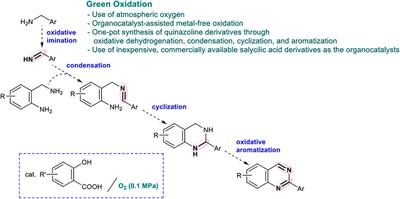EDITORIAL
Published on 08 Aug 2022
Editorial: Metal-free oxidative transformations in organic synthesis
doi 10.3389/fchem.2022.956779
- 2,226 views
- 2 citations
3,605
Total downloads
16k
Total views and downloads
EDITORIAL
Published on 08 Aug 2022
REVIEW
Published on 28 Feb 2022
ORIGINAL RESEARCH
Published on 23 Feb 2022

ORIGINAL RESEARCH
Published on 04 Feb 2022

ORIGINAL RESEARCH
Published on 01 Sep 2021
